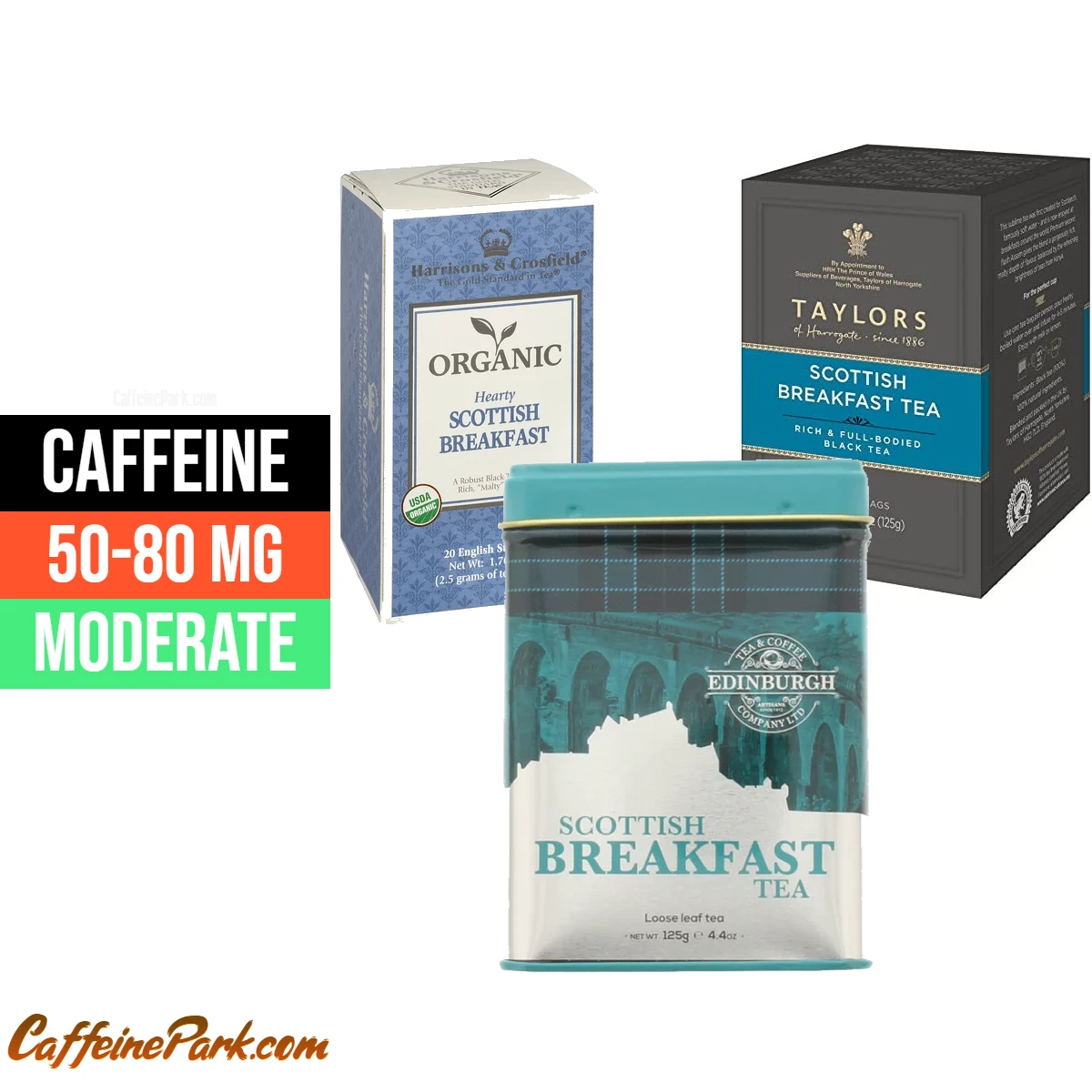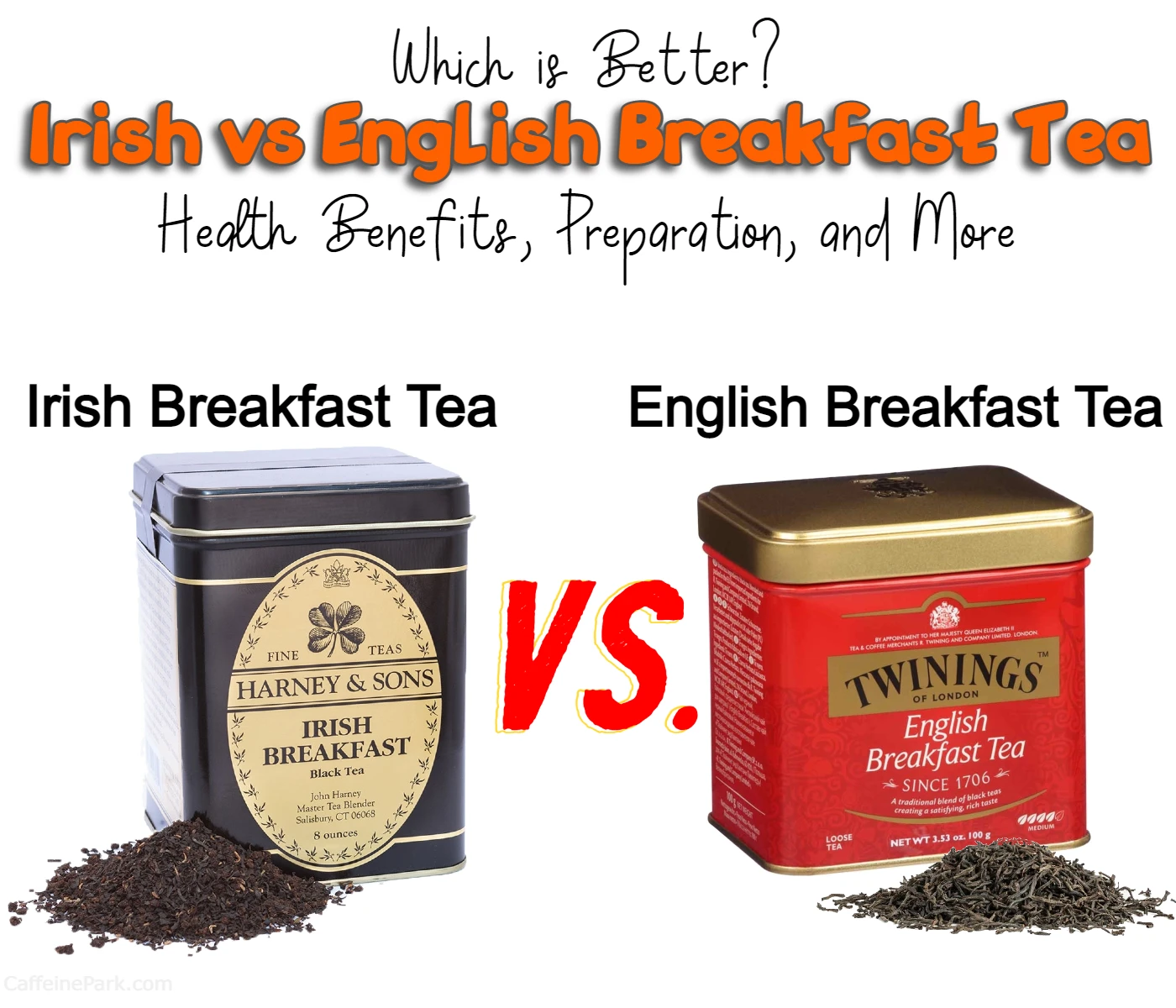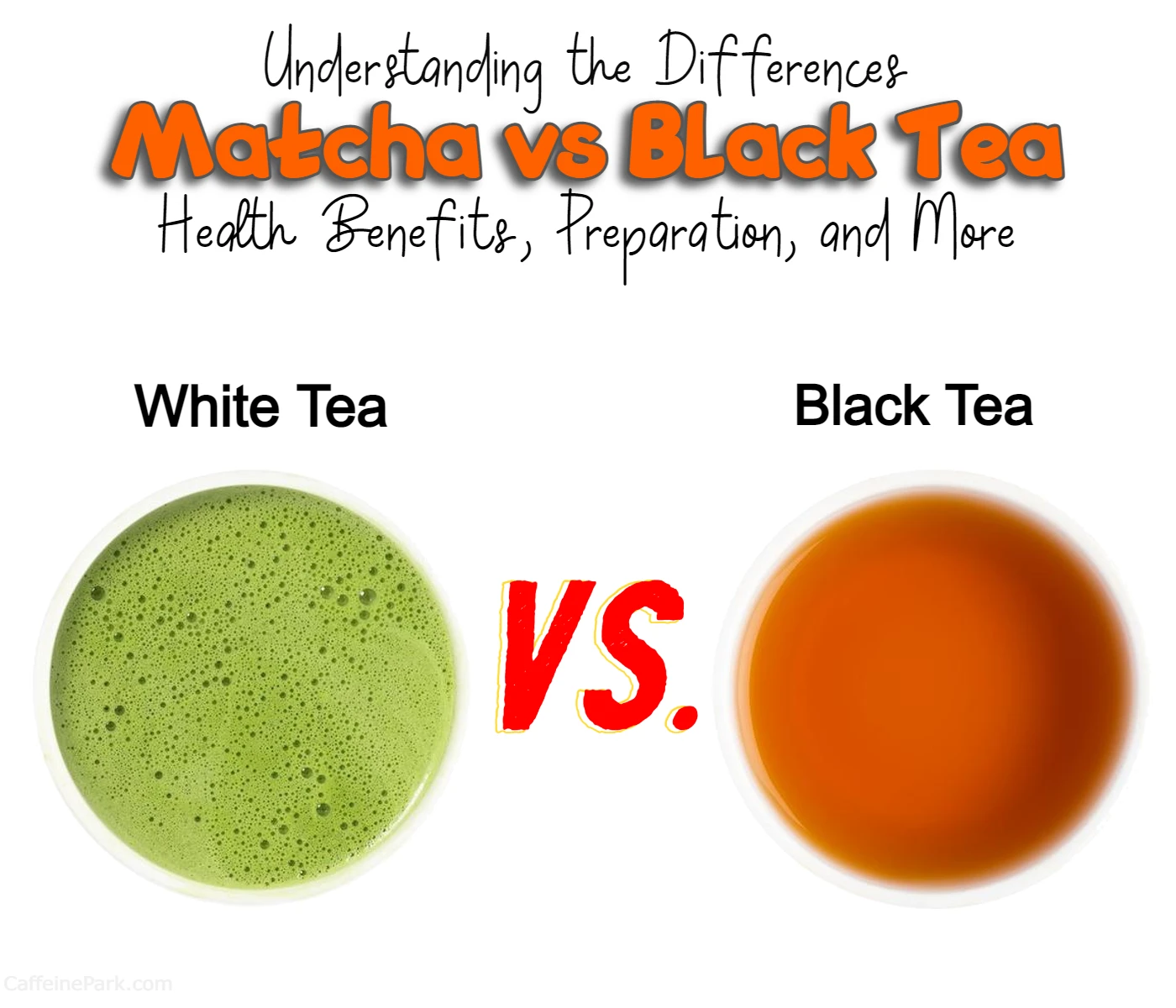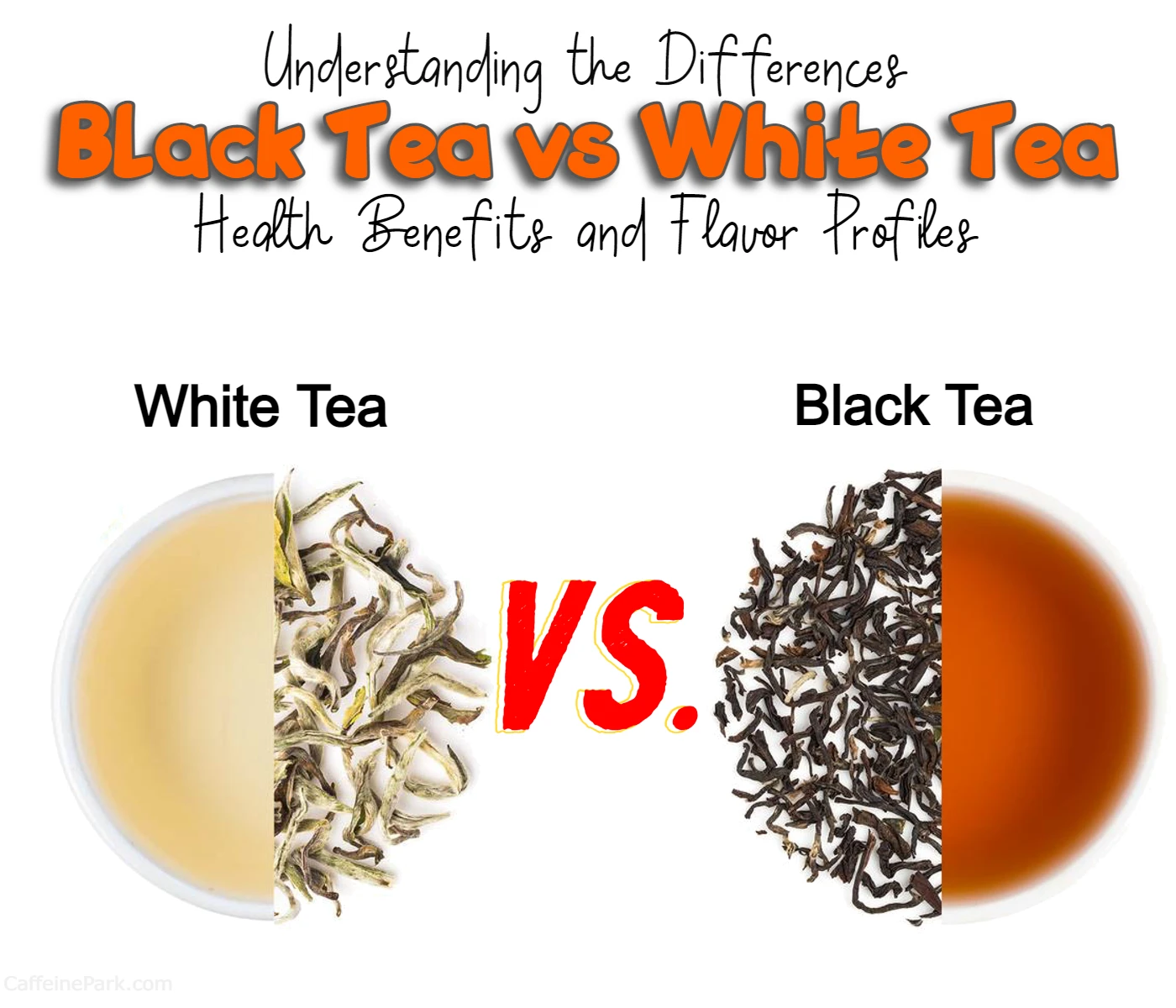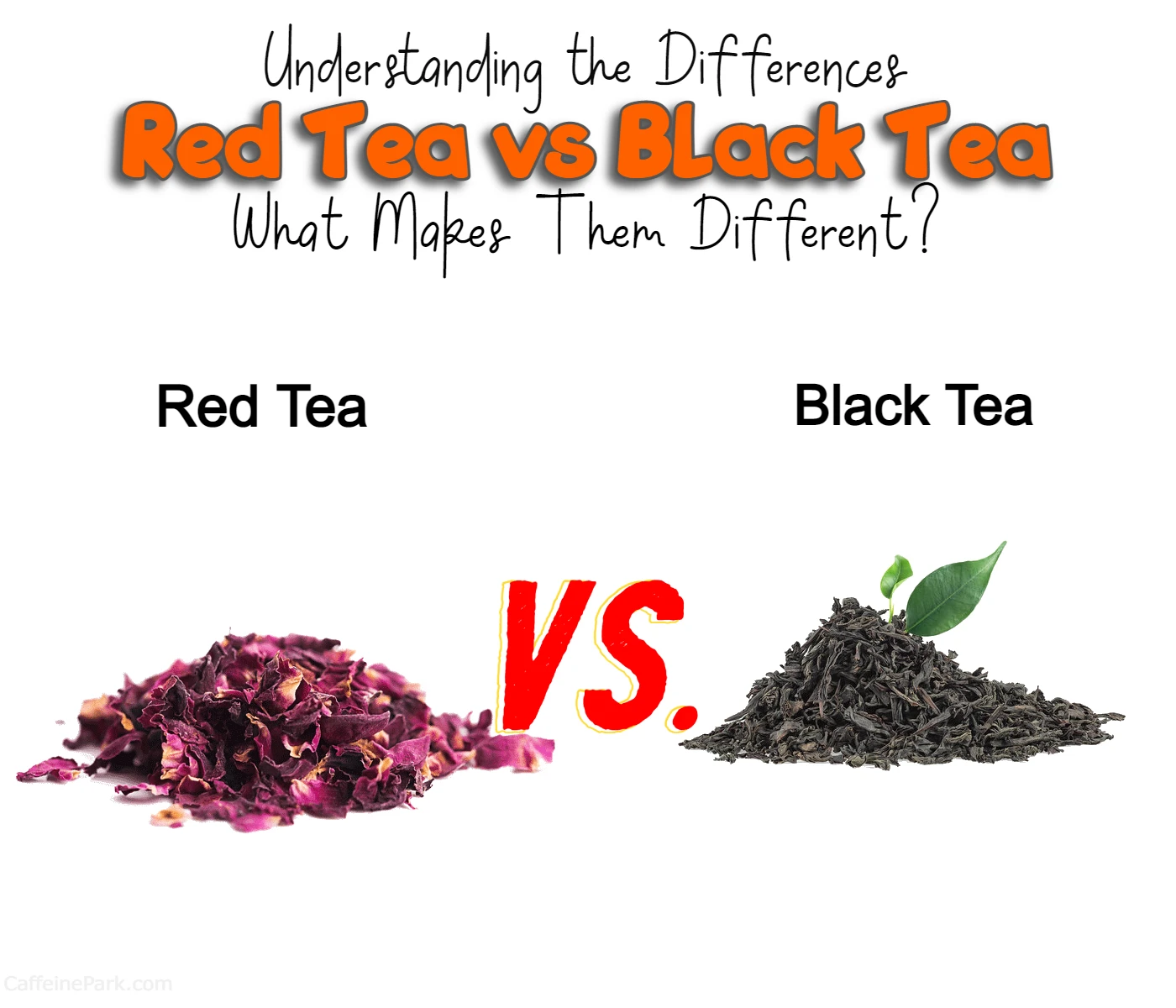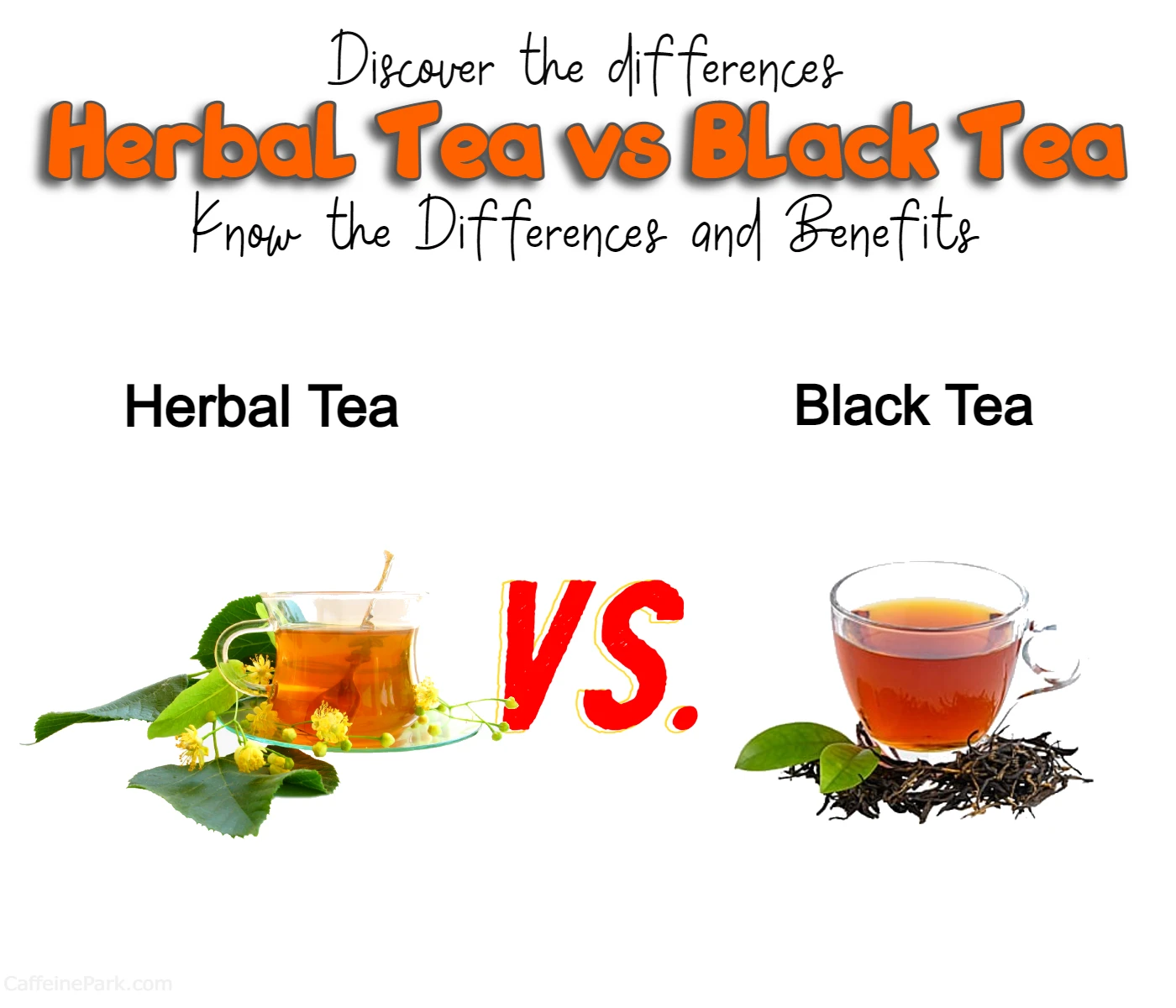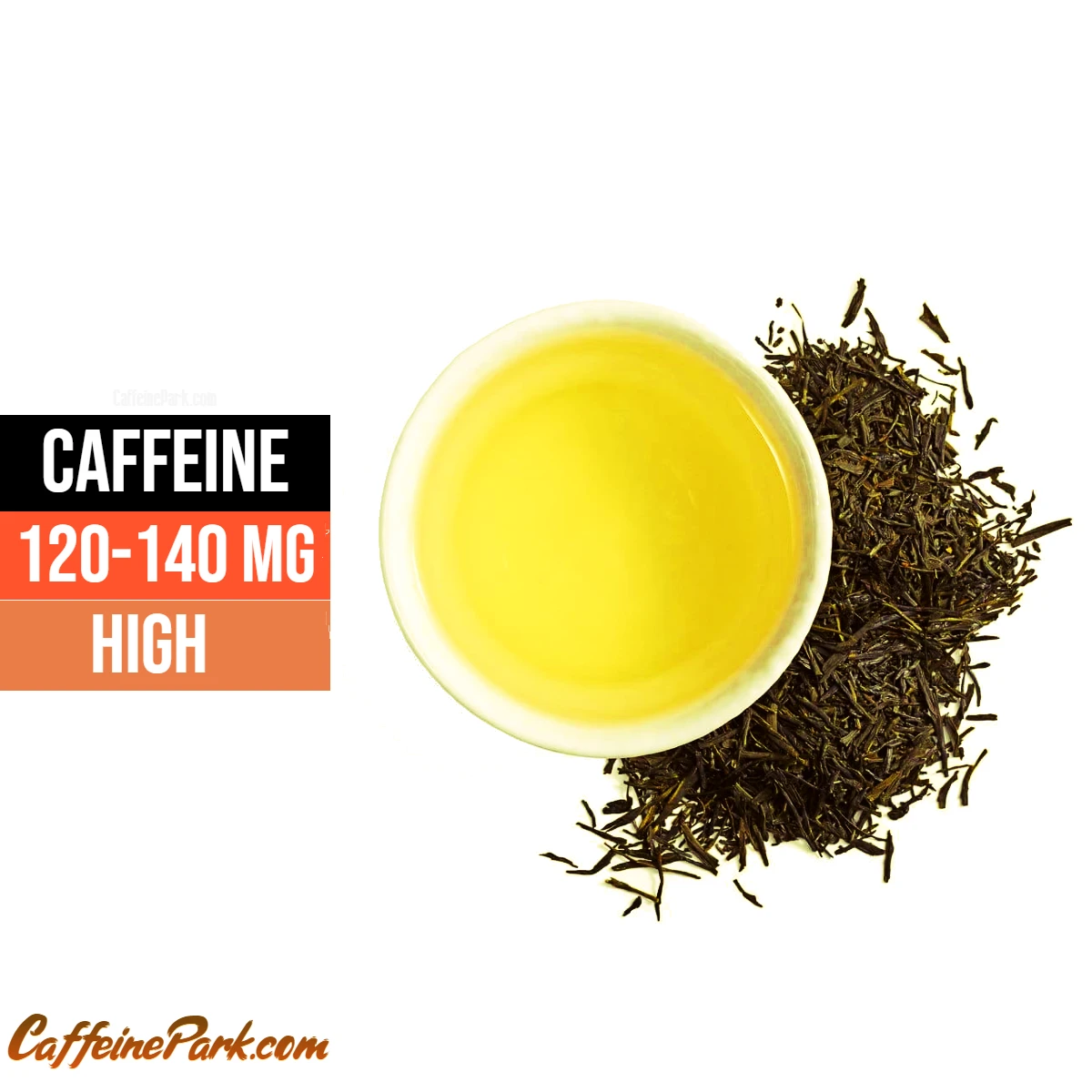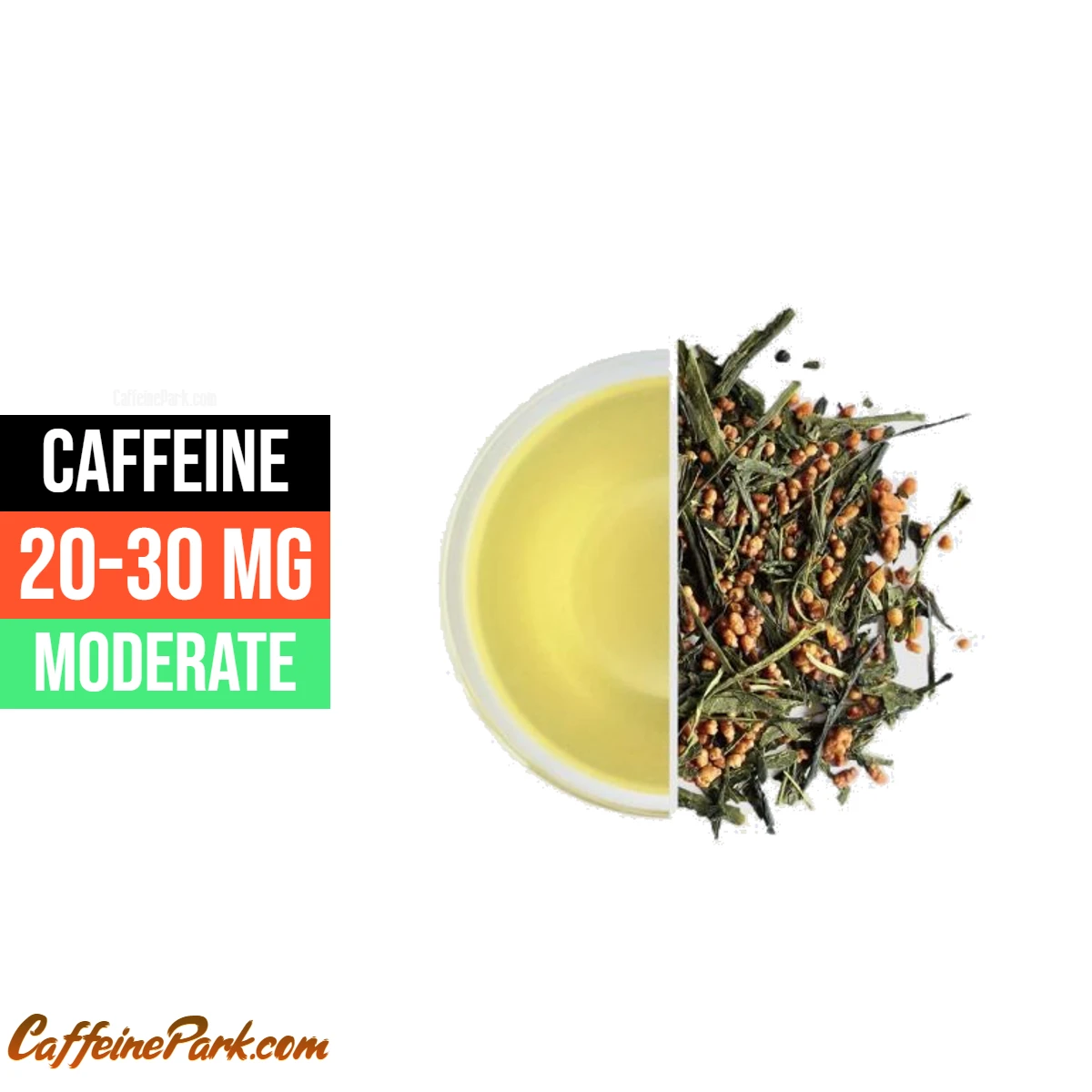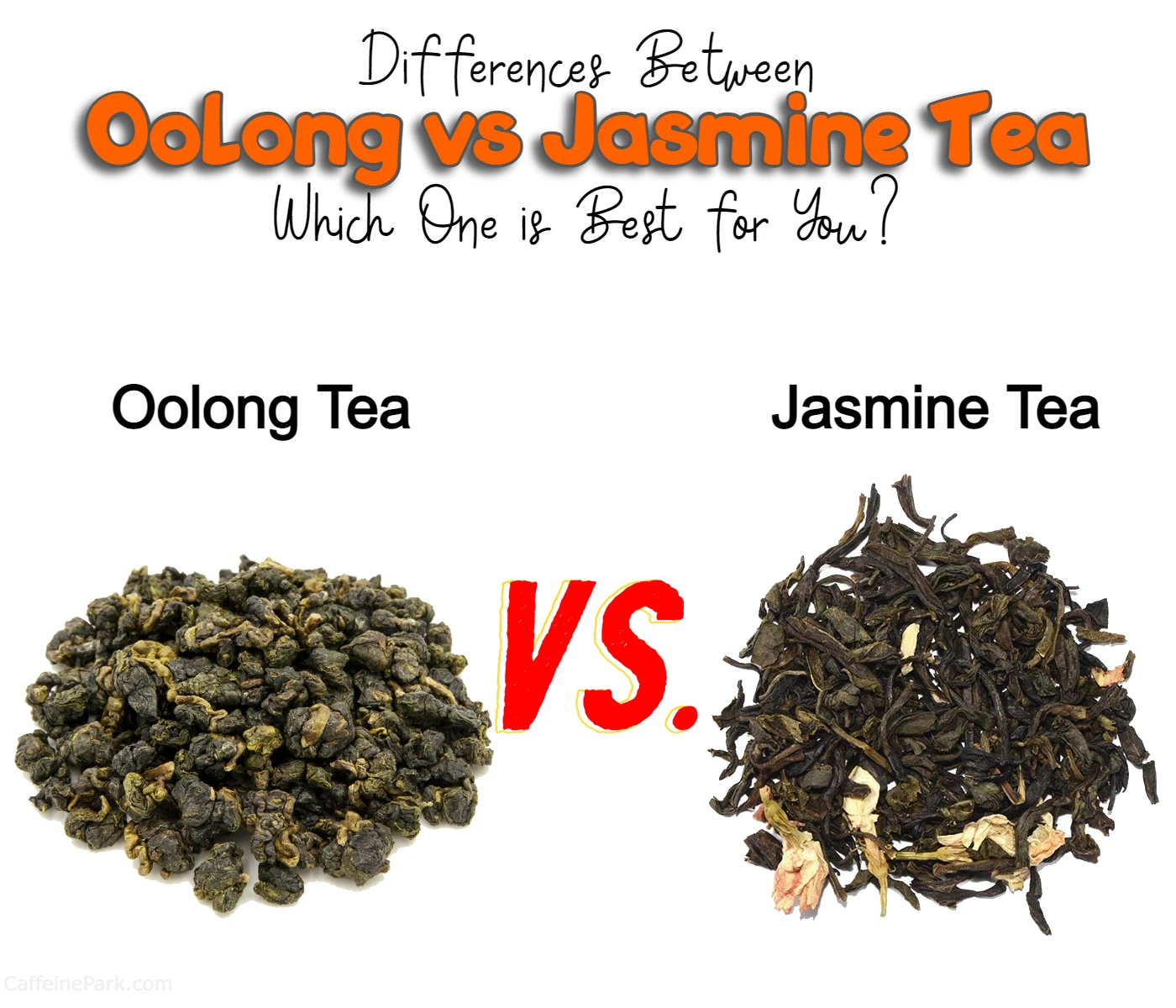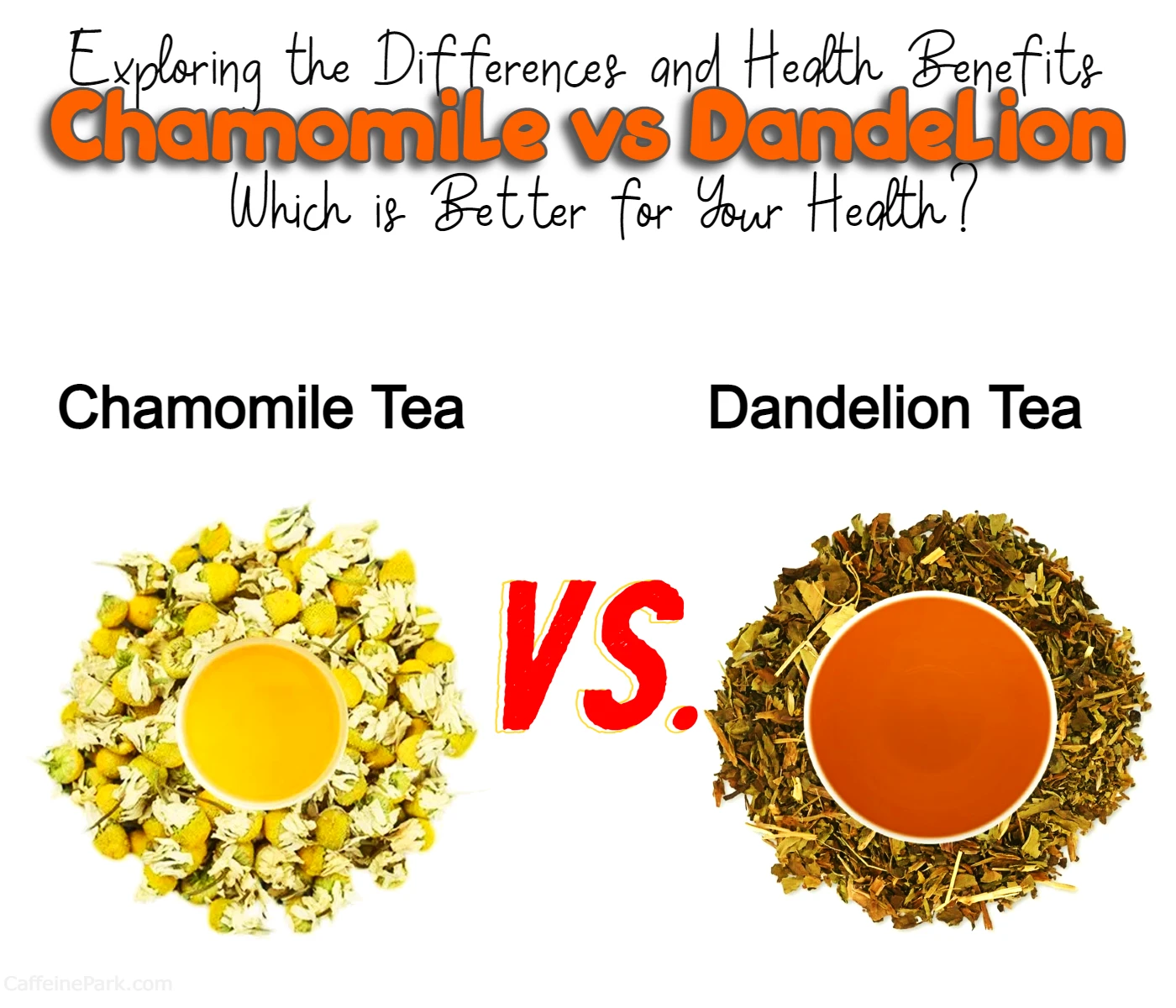🌿 Tea
-

Scottish Breakfast Tea Caffeine Content
Scottish Breakfast tea is a popular black tea blend known for its strong flavor and robust aroma. But have you ever wondered about the caffeine content of this beloved tea? On average, a cup of Scottish Breakfast tea contains around 50-80 mg of caffeine per 8-ounce cup. While this is slightly less caffeine than coffee, it's still enough to provide a boost of energy in the morning. However, it's important to be mindful of your caffeine intake and to avoid consuming too much, as this can lead to negative side effects. In this article, we explore the caffeine content of Scottish Breakfast tea, its effects on the body, and answer some common questions about its consumption.
-

Irish vs English Breakfast Tea
Hey there, tea lovers! Are you someone who can’t start their day without a cup of hot tea? If yes, then you might have heard of two of the most popular tea blends around the world – Irish breakfast tea and English breakfast tea. Both of these teas are widely enjoyed in the morning and have become a staple in many households. But have you ever wondered what makes them different? Well, you’re in the right place! In this blog, we’ll explore the differences between Irish and English breakfast tea, and help you understand which one might be the perfect fit for your taste buds. So whether you’re a tea aficionado or just looking to switch up your morning routine, sit back, grab a cup of tea (whichever blend you prefer!), and join me as we explore the unique flavors and characteristics of Irish breakfast tea and English breakfast tea. Trust me, by the end of this blog, you’ll be a tea expert! Don’t forget to read until the end for some tips on how to make the perfect cuppa. Let’s dive in! Here’s a quick chart highlighting the main differences between Irish and English breakfast tea: FeatureIrish Breakfast TeaEnglish Breakfast …
-

Matcha vs Black Tea
Matcha and black tea are two popular types of tea with distinct flavors, textures, and health benefits. While both contain antioxidants and caffeine, matcha is known for its higher concentration of both. Additionally, matcha has a unique preparation method that involves whisking it with hot water to create a frothy, creamy beverage. Black tea is typically brewed in hot water for a few minutes, and has a range of potential health benefits, including improved brain function and lowered risk of type 2 diabetes. Whether you're a fan of matcha or black tea, it's important to understand the differences between these two types of tea and the best ways to prepare and enjoy them.
-

Black Tea vs White Tea
Black tea and white tea are both popular beverages that offer unique flavors and health benefits. While black tea is known for its bold and robust flavor, white tea has a delicate and subtle flavor. Both teas are low in calories and sugar, making them a healthy addition to your daily diet. However, black tea is higher in caffeine, which can improve mental alertness and focus, while white tea is packed with antioxidants that can boost the immune system and promote healthy skin. Ultimately, the choice of which tea to drink depends on your personal preferences and health needs. Discover the differences between black tea vs white tea and choose the best tea for you!
-

Red Tea vs Black Tea
Are you curious about the differences between red tea and black tea? While they're essentially the same thing, there are subtle differences in processing, flavor, and health benefits. Black tea is more oxidized and has a stronger, bolder flavor, while red tea is less oxidized and has a slightly sweeter taste. Both are high in antioxidants and offer numerous health benefits. But which one is right for you? Keep reading to find out!
-

Herbal Tea vs Black Tea
When it comes to tea, there are two popular varieties: herbal tea and black tea. While both offer a range of flavors and health benefits, they differ in terms of their ingredients, caffeine content, and potential side effects. Black tea is made from the leaves of the Camellia sinensis plant and contains caffeine, while herbal tea is made from a variety of plants and is naturally caffeine-free. Both types of tea contain antioxidants and other compounds that can help to support health and wellbeing, but they may also have potential side effects in certain individuals. In this article, we will explore the differences between herbal tea and black tea and help you make an informed choice based on your preferences and needs.
-

Gyokuro Tea Caffeine Content
Gyokuro tea is a unique type of green tea that is grown in the shade and known for its distinct flavor and aroma. But how much caffeine does it contain? While Gyokuro tea has a lower caffeine content compared to other types of tea and coffee, it still contains enough to have both positive and negative effects on your body. In this article, we explore the caffeine content of Gyokuro tea and its potential benefits, such as antioxidant properties, reduced risk of heart disease, and improved brain function. We also discuss potential side effects, including caffeine sensitivity and upset stomach. Whether you're a tea lover or just looking to reduce your caffeine intake, this article will help you understand the caffeine content of Gyokuro tea and its impact on your health.
-

Genmaicha Tea Caffeine Content
Genmaicha tea, a traditional Japanese green tea mixed with roasted brown rice, has been gaining popularity for its unique flavor profile and health benefits. But for those who are caffeine-sensitive, the question arises: how much caffeine does genmaicha tea contain? Luckily, genmaicha tea has moderate levels of caffeine, with about 20-30 milligrams per 8-ounce cup. This makes it a great option for tea lovers who want to enjoy a cup of tea without getting too much caffeine. Compared to other types of tea, genmaicha's caffeine content is relatively low. Black tea, for example, can contain up to 70 milligrams of caffeine per 8-ounce cup, while matcha can have up to 70 milligrams of caffeine in just half a teaspoon. This makes genmaicha tea a great option for those who want to limit their caffeine intake but still want to enjoy a cup of tea. Overall, genmaicha tea is a delicious and healthy option for tea lovers, with moderate levels of caffeine and high levels of antioxidants. So, if you're looking for a unique tea experience that won't keep you up all night, give genmaicha tea a try and enjoy its nutty, toasty flavor and aroma.
-

Oolong vs Jasmine Tea
In the world of tea, Oolong and Jasmine tea are two of the most popular varieties. While both teas have their unique characteristics, they differ in terms of their flavor, aroma, brewing methods, caffeine content, and health benefits. Oolong tea has a more complex flavor profile with notes of fruit, flowers, and nuts, while Jasmine tea has a sweet, floral aroma and a delicate, slightly sweet taste. Oolong tea is a semi-fermented tea with a higher caffeine content, while Jasmine tea is typically made with green tea and has a moderate caffeine content. Both teas offer a variety of health benefits and can be enjoyed in a variety of settings. Read on to explore the differences between Oolong and Jasmine tea and discover which one is right for you.
-

Chamomile vs Dandelion Tea
Chamomile and dandelion tea are two popular herbal teas with distinct properties and potential health benefits. Chamomile tea is known for its calming effects and anti-inflammatory properties, while dandelion tea is believed to support liver function and lower blood pressure. In this article, we'll explore the unique qualities of chamomile tea and dandelion tea, how to prepare them, and which one may be best suited for your health needs. Whether you're looking for a natural remedy for sleeplessness, inflammation, or digestive issues, there's a tea out there for you. Chamomile tea and dandelion tea are both easy to prepare and can be enjoyed hot or cold. By the end of this article, you'll have a better understanding of the differences between chamomile tea and dandelion tea, as well as which one may be the best fit for your lifestyle and health goals. So, grab a cozy blanket and a mug of tea, and let's explore the world of herbal teas together.
